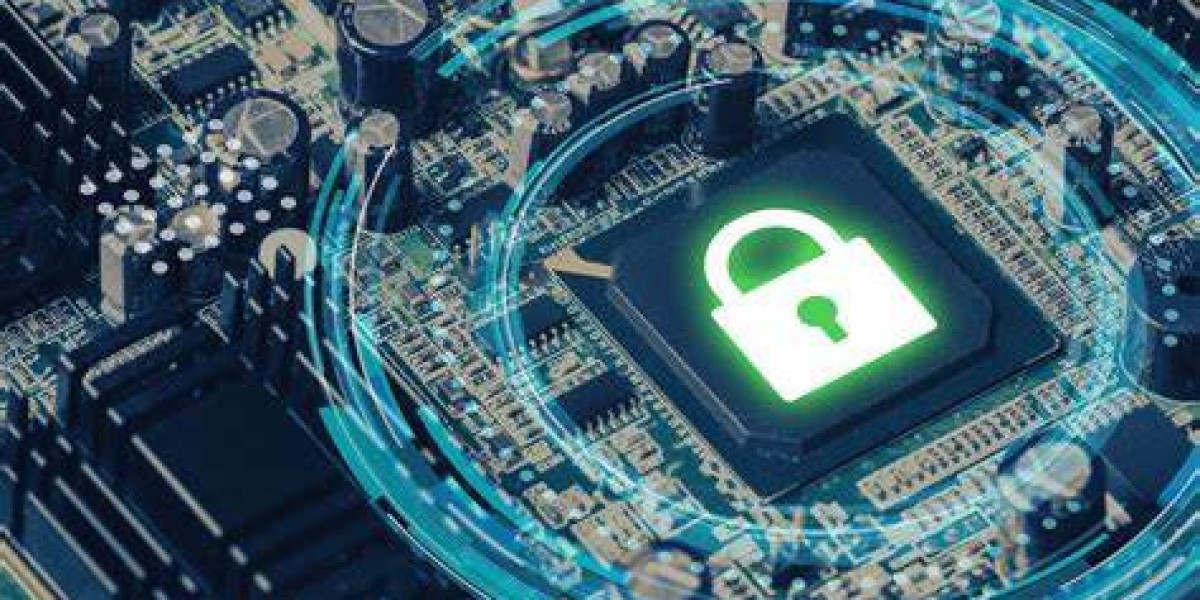In an era where data breaches are increasingly common, safeguarding sensitive information has never been more crucial. Encrypted storage devices play a vital role in this regard, offering robust solutions to protect data from unauthorized access. As technology advances, the need for secure storage solutions grows, especially in sectors dealing with highly confidential information.
These devices utilize encryption algorithms to convert data into unreadable formats, ensuring that only authorized users can access the information. With hardware encryption, users benefit from enhanced security without compromising on performance. This article explores the importance of encrypted storage devices, their types, and how they contribute to data privacy and security.
Body Part
Understanding Encrypted Storage Devices
Encrypted storage devices are specialized hardware that employs encryption technology to protect data. Unlike software-based encryption, which relies on the system's resources and can be vulnerable to software attacks, hardware-based encryption is embedded in the storage device itself. This method ensures that data is encrypted and decrypted at the hardware level, providing a higher level of security.
Types of Encrypted Storage Devices
Encrypted storage devices come in various forms, catering to different needs and use cases:
Self-Encrypting Drives (SEDs): SEDs are hard drives or solid-state drives with built-in encryption capabilities. They automatically encrypt and decrypt data without user intervention, ensuring seamless and transparent security. These drives are ideal for both individual users and enterprises looking for straightforward and efficient data protection.
Encrypted USB Drives: These portable storage devices are designed to protect data on the go. Encrypted USB drives use hardware-based encryption to secure data, making them perfect for transporting sensitive information. They often come with additional security features like password protection and biometric authentication.
Encrypted External Hard Drives: For users needing larger storage capacities, encrypted external hard drives offer an excellent solution. These drives provide the convenience of external storage with the added benefit of hardware encryption, ensuring that large volumes of data remain secure.
Benefits of Encrypted Storage Devices
The use of encrypted storage devices brings numerous advantages:
Enhanced Security: The primary benefit is the heightened security they offer. By encrypting data at the hardware level, these devices protect against unauthorized access, even if the device is stolen or lost.
Compliance with Regulations: Many industries are subject to strict data protection regulations. Encrypted storage devices help organizations comply with these regulations by ensuring that sensitive data is adequately protected.
Ease of Use: With features like self-encryption and automatic decryption, users do not need to have extensive technical knowledge to use these devices effectively. This ease of use makes them accessible to a broader audience.
Performance: Since the encryption process is handled by the device itself, there is no significant impact on system performance. This ensures that users can maintain productivity while keeping their data secure.
Implementation and Best Practices
To maximize the benefits of encrypted storage devices, it is essential to follow best practices:
Choose the Right Device: Selecting the appropriate encrypted storage device depends on the specific needs of the user. For personal use, encrypted USB drives or SEDs may suffice. Enterprises, on the other hand, might require encrypted external hard drives for larger data volumes.
Regular Updates: Ensure that the firmware of encrypted storage devices is regularly updated. Manufacturers often release updates to patch vulnerabilities and enhance security features.
Strong Authentication: Implement strong authentication methods, such as multi-factor authentication (MFA), to add an additional layer of security. This can prevent unauthorized users from accessing encrypted data even if they have the physical device.
Backup Encrypted Data: Regularly back up data stored on encrypted devices. While encryption protects data from unauthorized access, it does not prevent data loss due to device failure or damage.
Future of Encrypted Storage Devices
As cyber threats evolve, the technology behind encrypted storage devices continues to advance. Future developments may include more sophisticated encryption algorithms, enhanced biometric authentication methods, and integration with emerging technologies like blockchain. These advancements will further strengthen data security and privacy, making encrypted storage devices an indispensable tool in the digital age.
The Bottom Line
Encrypted storage devices are essential for protecting sensitive data in today's increasingly digital world. They offer robust security, ease of use, and compliance with regulatory requirements, making them suitable for both personal and professional use. By understanding the different types of encrypted storage devices and following best practices, users can ensure their data remains private and secure.
For those interested in exploring encrypted storage solutions, visit our storage category for a wide range of options. To learn more about other computer parts and accessories, check out Computer Parts HQ. Embrace the power of encrypted storage devices and safeguard your data against evolving cyber threats.















